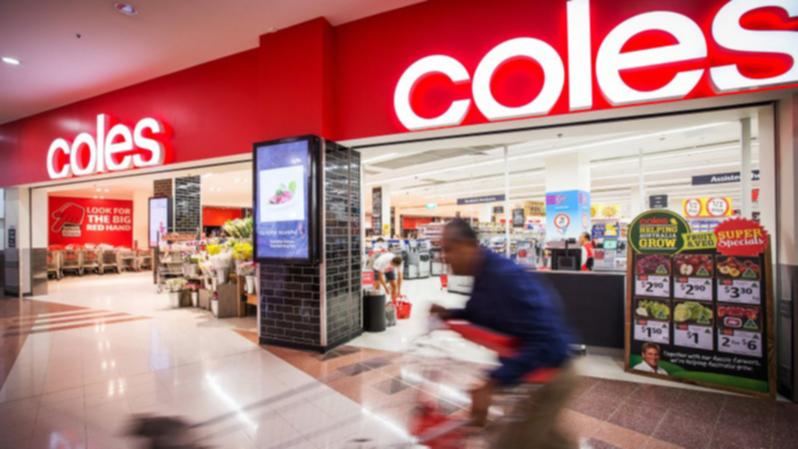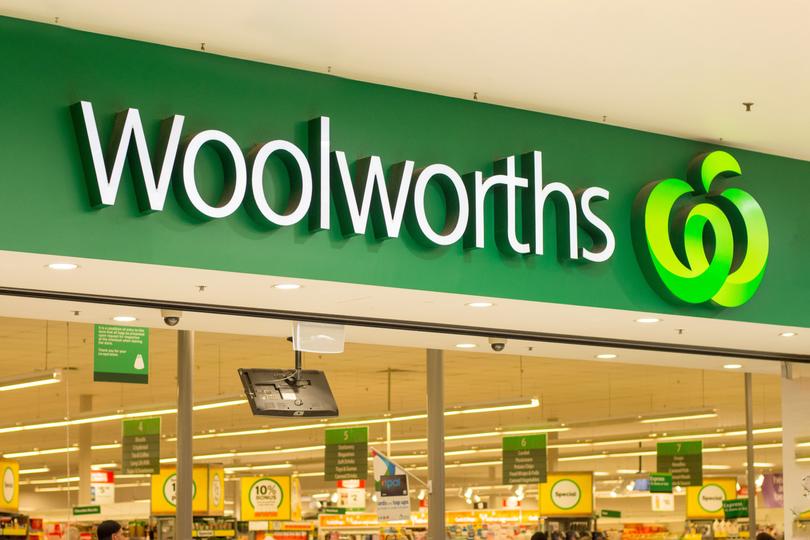Supermarkets face ‘heaviest’ penalties for exploiting power imbalance with suppliers, but not so for Costco

Woolworths and Coles have responded to a supermarket crackdown, greenlit by the Government, that puts them at risk of multi-billion dollar fines if they break tougher rules introduced to protect suppliers.
The Independent Review of the Food and Grocery Code of Conduct, led by former Labor minister Craig Emerson, was tasked with investigating supermarket relationships with their suppliers after public outcry that retailers were failing to pass through savings to consumers.
Woolworths, Coles, Aldi and IGA parent company Metcash are signatories to the code, which has remained voluntary since its inception in 2015.
Sign up to The Nightly's newsletters.
Get the first look at the digital newspaper, curated daily stories and breaking headlines delivered to your inbox.
By continuing you agree to our Terms and Privacy Policy.The review recommended introducing hefty fines for supermarkets that are found to throw their weight around with suppliers.
But the final report from the review, released late on Sunday, recommended making the code mandatory for all supermarkets with annual revenue greater than $5 billion, with Dr Emerson finding a significant power imbalance existed between retailers and their suppliers.
“In time, Costco is likely to pass the $5 billion threshold and be covered by the mandatory Code,” Dr Emerson said in his foreword.
“If Amazon began offering a full range of grocery products including fresh fruit and vegetables, it, too, could be subject to the code if its sales of groceries exceeded the $5 billion threshold.
“I have carefully considered arguments for other retailers to come into the code, including the sale of nursery plants by Bunnings, the sale of wine, beer and spirits by supermarket affiliates, and of non-prescription items by Chemist Warehouse.

“While I understand the various representations for additional products and businesses being brought into the Code, I recommend that the code continue to apply to supermarkets as conventionally understood as places for regular grocery shopping, as well as Metcash as the largest grocery wholesaler.
“This is the purpose for which the code was developed.”
The Albanese Government has backed all of the review’s recommendations in full, including introducing massive penalties for the worst code breaches of $10 million, three times the benefit gained from the contravening conduct or 10 per cent of turnover in the preceding 12 months - whichever is greater.
Dr Emerson said the penalties were the heaviest of any industry code of conduct.
The review also recommended placing greater emphasis on addressing suppliers’ fear of retribution by supermarkets, which had been a major obstacle to the pursuit of their rights under the code, and creating an anonymous complaints mechanism within the Australian Competition and Consumer Commission.
The supermarkets respond
In statements on Monday, Coles and Woolworths committed to “consider” the final recommendations of the review. ALDI Australia said the retailer would review the findings “in detail”.
A spokesperson for Coles said the supermarket was committed to the code and maintaining “strong, collaborative relationships with our suppliers”.
“We will consider the final recommendations and Government’s response in detail, and we remain committed to supporting a healthy and sustainable grocery sector,” the spokesperson said.
The Woolworths Group echoed this support for “healthy retailer and supplier relationships”, welcoming the review’s decision to retain “fast and cost-effective avenues for dispute resolution” — a benefit, its statement said, for smaller suppliers in particular.
The spokesperson also said it supported the code becoming mandatory. Neither they nor Coles’ spokesperson answered questions about the code extending to retailers such as Bunnings or Chemist Warehouse.
Woolworths did, however, address questions of price transparency raised in the review.
“While there is broad support for greater price transparency in the sector, there isn’t yet consensus on how to deliver it,” its statement read.
“As a further step, we are willing to support an industry and government-led price transparency initiative to assist on-farm decisions.”
An ALDI Australia spokesperson said the supermarket would continue to participate in consultation to create the new code.
Metcash has also been approached for comment.
